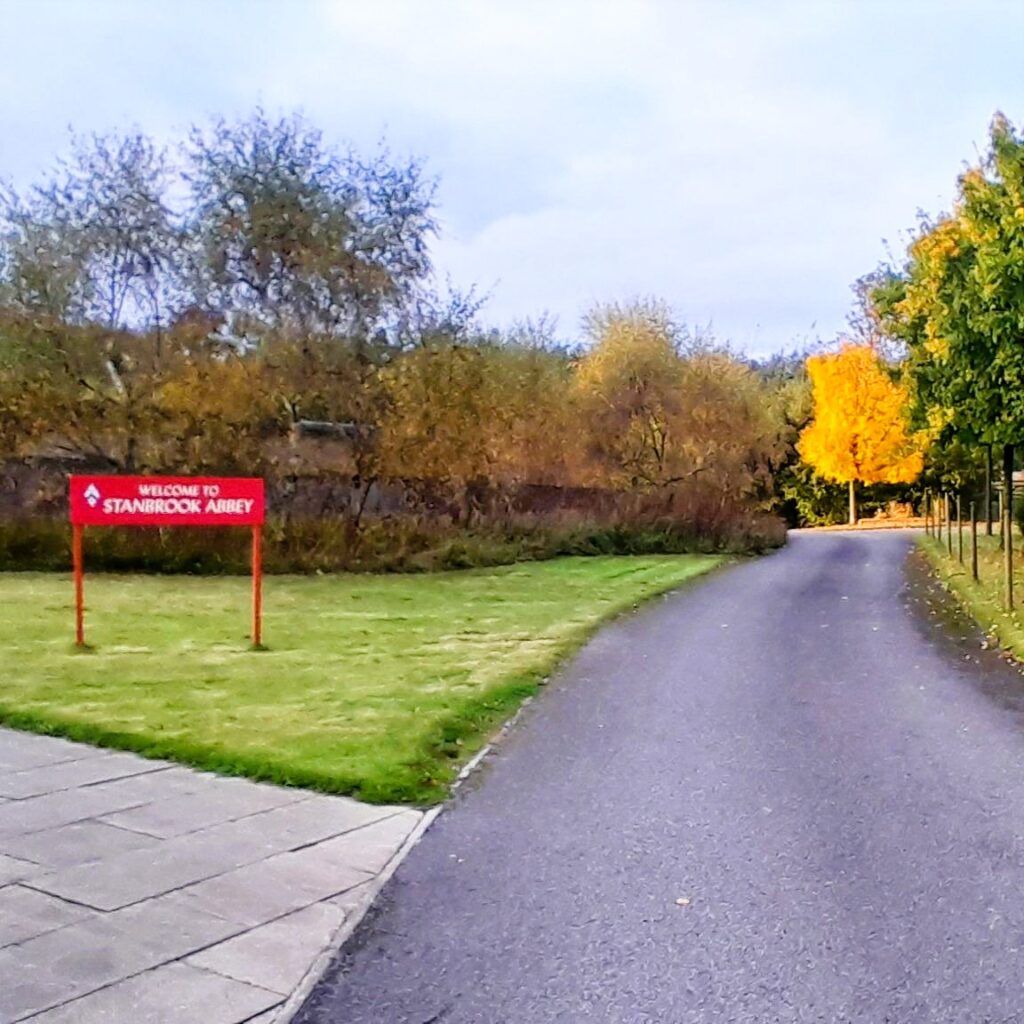O Beauty, ever ancient, ever new
St Benedict would almost certainly have known these words of St Augustine, and they continue to raise the heart to God today.
Rooted in the ancient monastic tradition and transplanted to this stunning location, the Stanbrook Community invites you to join us in creating a new setting for our journey together into God’s eternal beauty. In these pages we wish to share something of the wonder of creation in the North Yorkshire Moors National Park and to make available some of the riches our Christian monastic heritage.












